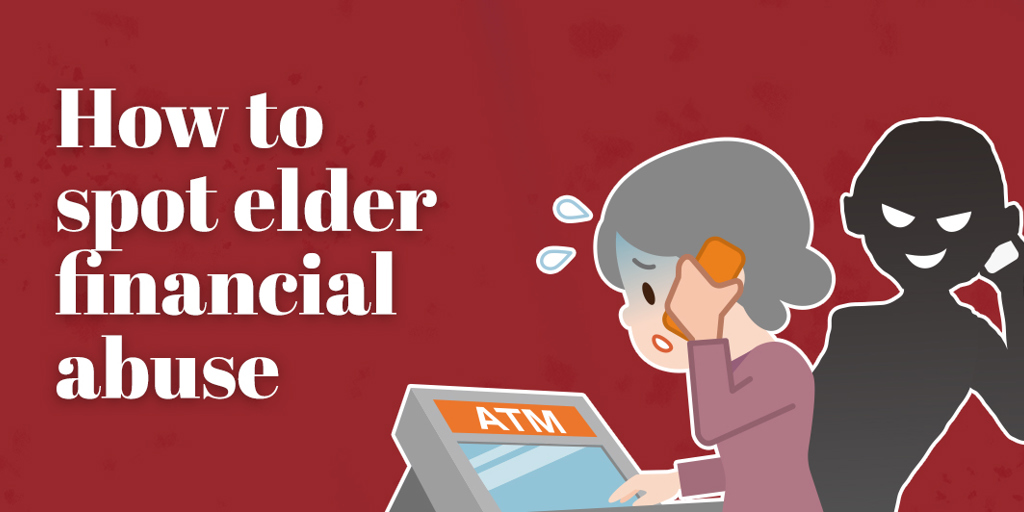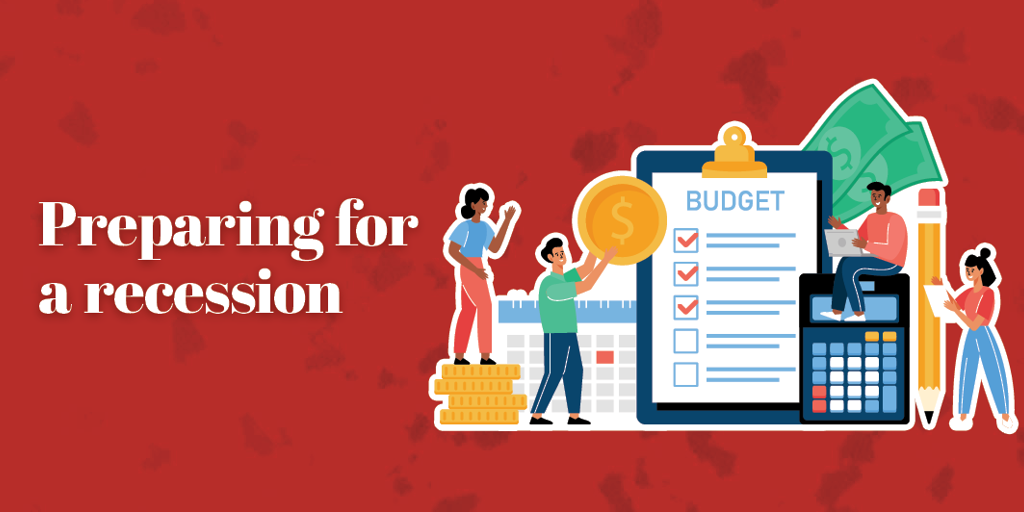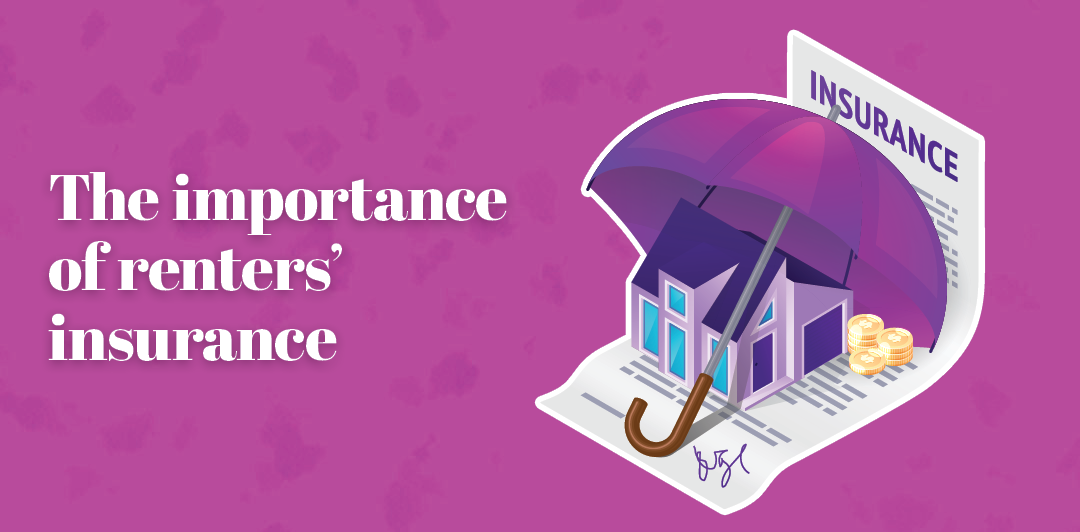


How to spot elder financial abuse
Elder financial abuse is, unfortunately, very common.
According to the American Bankers Association, older Americans control 70 percent of the wealth in the United States. This, combined with the fact that many senior citizens are socially isolated or depend on others for assistance, makes them prime targets.  Elder financial abuse is a crime that involves the deprivation of the money and resources belonging to an older individual, and takes many forms. It could include anything from the misuse of a person’s credit to theft and even fraud.
Elder financial abuse is a crime that involves the deprivation of the money and resources belonging to an older individual, and takes many forms. It could include anything from the misuse of a person’s credit to theft and even fraud.
One in five adults over the age of 65 reports being the victim of elder financial abuse, although the true number is estimated to be higher. While the overwhelming majority of the perpetrators of elder financial abuse are family members or individuals the victim knows well, fraud and scams committed by strangers are also common.
Financial abuse can be devastating. To protect yourself or loved ones, here are a few things you can look for:
- Sudden changes in a will or power of attorney
- Unusual activity on a person’s bank card
- Bills not being paid
- Significant withdrawals or other activity inconsistent with usual habits
- Cashing checks for unfamiliar people
- Suspicious signatures on checks or other documents
- Bank or credit card statements no longer being sent to customer directly
The PA Older Adults Protective Services Act is designed to safeguard the rights of older adults (60+ years) while protecting them from exploitation. So, if you think you see elder abuse, report it to your bank, your county’s agency on aging or adult protective services.
Ray Wills is the security officer at F&M Trust.
Recent Articles
Join our e-newsletter
Sign up for our e-newsletter to get new content each month.






















